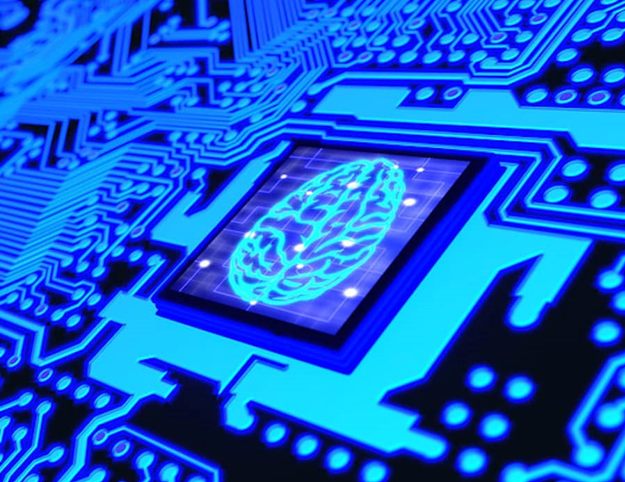Product model
Product model
A product development plan consists of the following stages:
1. Think outside the box
1. Think outside the box
The challenge is defined based on people's needs, diverging and converging until shaping a concept.
2. Turn ideas into reality
2. Turn ideas into reality
A solution is designed based on our end-to-end philosophy, which seeks a continous and controlled life cycle.
3. Start out small
3. Start out small
We build and validate the minimum viable product then correct or maintain it, if necessary, and continue developing it.
4. Grow quickly and effectively
4. Grow quickly and effectively
We've already learned about our product, and it's time to keep making it grow and improve it in an agile way.
5. Consolidation
5. Consolidation
With an already solid and stable product, we can maintain it as long as it keeps meeting the basic operational requirements.


